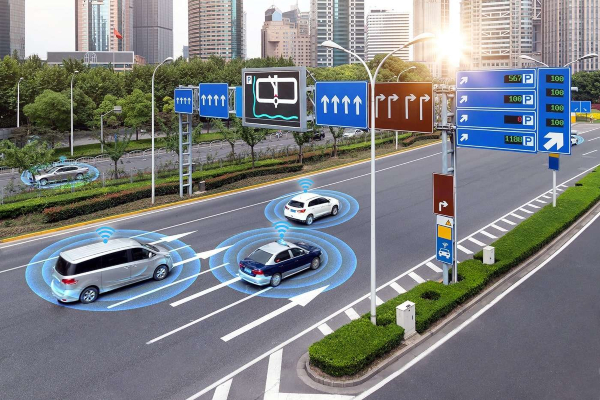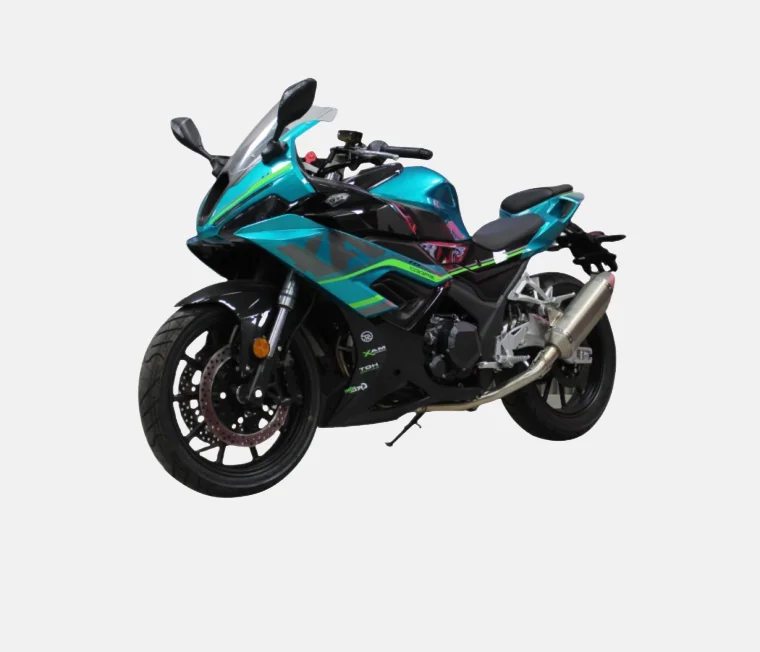Revolutionizing Transit: Exploring the New Means of Transport in the 21st Century

In the ever-evolving world of technology and innovation, the transportation sector is not left behind. The question, What is the new means of transport? is becoming increasingly relevant as we witness the emergence of groundbreaking technologies that promise to redefine the way we commute. This article will delve into the latest advancements in transportation, exploring the potential they hold for the future.
- Autonomous Vehicles
Autonomous vehicles, or self-driving cars, are no longer a concept of science fiction. Companies like Tesla, Waymo, and Uber are investing heavily in this technology, which uses sensors, cameras, and artificial intelligence to navigate roads without human intervention. The potential benefits include increased safety, reduced traffic congestion, and more efficient use of road space. However, there are still significant challenges to overcome, including regulatory hurdles, technological limitations, and public acceptance.
- Hyperloop
The Hyperloop, a concept popularized by Elon Musk, is a high-speed transportation system that propels pods through a vacuum-sealed tube at speeds exceeding 700 mph. This technology could revolutionize long-distance travel, making it possible to commute between cities in minutes rather than hours. While still in the experimental stage, several companies, including Virgin Hyperloop and Hyperloop Transportation Technologies, are actively working on making this concept a reality.
- Electric Scooters and Bikes
In urban areas, electric scooters and bikes are becoming a popular alternative to traditional means of transport. They offer a convenient, eco-friendly solution for short-distance travel, helping to reduce traffic congestion and carbon emissions. Companies like Lime and Bird have made these vehicles widely accessible through their app-based rental services.
- Drones and Flying Cars
The idea of flying cars has been a staple of futuristic visions for decades. Today, this dream is closer to reality with the advent of drone technology. Companies like Uber and Airbus are developing air taxis, which are essentially large drones capable of carrying passengers. These vehicles could offer a solution to urban congestion, allowing for fast, direct travel between locations.
- Maglev Trains
Magnetic levitation, or maglev, is a transportation technology that uses magnetic forces to propel vehicles. Maglev trains, which are already in operation in countries like China and Japan, can reach speeds of over 300 mph, offering a fast and efficient means of transport for long distances.
In conclusion, the future of transportation is exciting and full of potential. As these new means of transport continue to evolve, they promise to transform our daily commutes, long-distance travel, and even the way we view urban planning and development. However, it's crucial to remember that these advancements should be implemented responsibly, considering factors like environmental impact, safety, and accessibility to ensure a sustainable and inclusive future for all.


